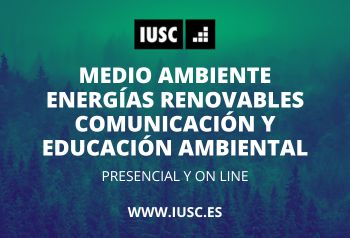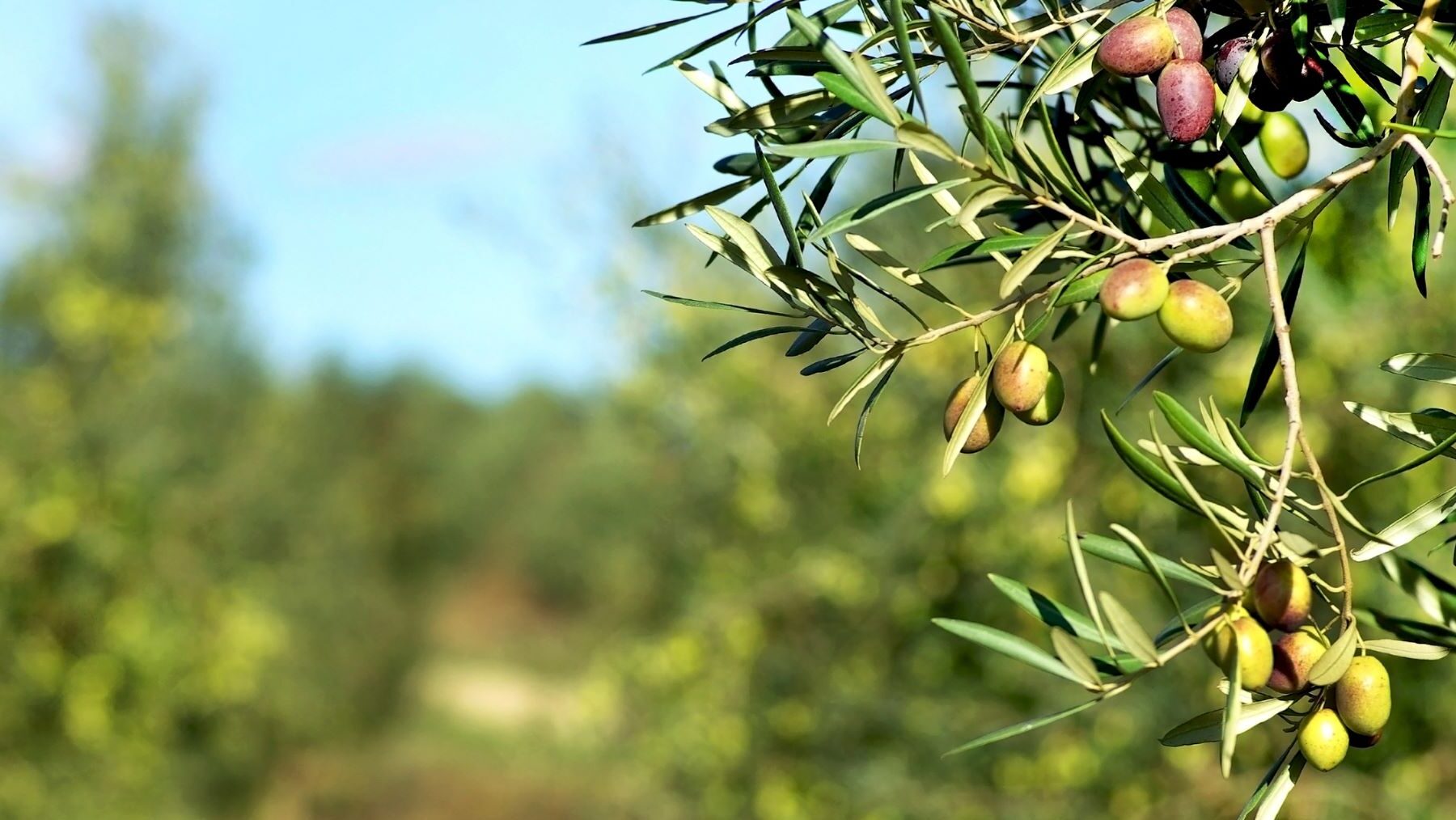The ‘II AEMO Contest for the Best Environmental Management of Olive Groves and Oil Mills in Spain’ already has winners, since Deoleo and AEMO have communicated the final decision. This award aims promoting sustainability within the sector.
Deoleo, the No. 1 olive oil company worldwide, and the Spanish Association of Olive Municipalities (AEMO), made up of more of 150 olive-growing municipalities and provinces in Spainhave failed the ‘II AEMO Contest for the Best Environmental Management of olive grove and Almazara in Spain’.
In the contest, intended for recognize the best sustainable practices in the olive sectorthe first prize ex aequo for the most sustainable olive groves has been awarded to Cortijo Guadiana and El Valle del Conde, while the Almazara Oro del Desierto has been awarded as the most sustainable olive oil mill.

The competition aims to promote the sustainability in olive oil productionevaluating various environmental factors in olive cultivation and the production process. Among the criteria considered for the evaluation of olive groves are soil management, fertilization techniques, the use of phytosanitary products, irrigation management, the fight against erosion, the conservation of fauna and the final destination of the harvest. .
In the case of the oil mills, aspects such as energy efficiency are valuedthe management of by-products, the origin of the raw material, the production techniques, the conservation of the oil and the packaging and distribution practices.

Winners: example of the promotion of sustainability as a transformative element
In this edition, the jury has decided to award the first prize ex aequo to the olivares more sustainable, recognizing both Cortijo Guadiana like El Valle del Conde for its outstanding commitment to environmental management.
The Finca Cortijo Guadiana, located in Úbeda, has been especially valued for its advanced agronomic managementusing cutting-edge technologies to monitor the soil, trees and climate in real time, thus optimizing the use of resources such as water, energy, fertilizers and phytosanitary products.
This farm shows that it is possible combine modernity and innovation with sustainable practices, minimizing environmental impact. Furthermore, its open-door policy and collaboration with universities and research centers has been highly appreciated, contributing to the development of pioneering projects for the improvement of the olive grove español.
The Valle del Conde Regenerative Farm, belonging to the Castillo de Canena Group and located in the heart of the Sierras Subbéticas Natural Park, has been awarded for its focus on regenerative agriculture. In its 227 hectares of olive grove mountain, cultivates olive varieties such as picudo and picual in agroforestry systems that enrich the biodiversity of the environment.
The management of the vegetation cover is carried out through controlled grazing of 1,200 sheep, which helps to minimize soil erosion, even on steep slopes. The farm is also distinguished by the pest monitoring throughout 20 surveillance stations and for promoting biodiversity, maintaining a natural balance with the local fauna, which includes birds of prey, reptiles, rodents, foxes and wild boars.
For its part, the Oro del Desierto Oil Mill, located in Almería, has been recognized as the most sustainable for its efficiency in the use of resources and its commitment to ecological production. The oil mill has implemented a renewable energy policy with the installation of solar panels and adopts a “km 0” approach, using olives from a nearby farm on the same property, thus reducing the carbon footprint.
They are Comprehensive management of byproducts has been another aspect valuedsince it has a composting plant that converts 100% of the alperujo generated into organic fertilizer. In addition, all the olives processed in the oil mill are certified as organic, reaffirming their commitment to sustainability and quality.
The contest ruling highlights the effort and dedication of these producers in implementing practices that not only optimize production, but also protect and conserve the environmentsetting an example for the rest of the olive sector in Spain.
Promotion of sustainability in olive groves and oil mills
These awards are in perfect line with Deoleo’s sustainability strategy, under its purpose ‘We take care of what takes care of you’. Through this approach, the company has announced that since 2018, a total of 82 oil mills have been certified under its Sustainability Protocol for the production of extra virgin olive oil (EVOO), which represents an increase of 15.5%. compared to 2022.
In this way, Deoleo has reached an area of influence in 292,749 hectares of olive groves and has supported more than 52,000 farmers from countries such as Spain, Italy, Portugal, Tunisia, Greece and Argentina, the latter two, certified in 2023.
Precisely for this reason, the company presented its Integrated Sustainability Report, which reflects the intense work carried out on ESG matters, while establishing the keys to a sustainable future.
This strategy has marked their roadmap to follow to consolidate themselves as leaders in quality, sustainability and innovation within the olive oil sectorits three fundamental pillars, always putting the consumer at the center of all its strategic decisions.
The primary objective of the contest is that the management carried out by the winners serves as an example to the rest of the farms. In this way they trust that little by little sustainability is the general tone in the surroundings of the olive groves and their products.

